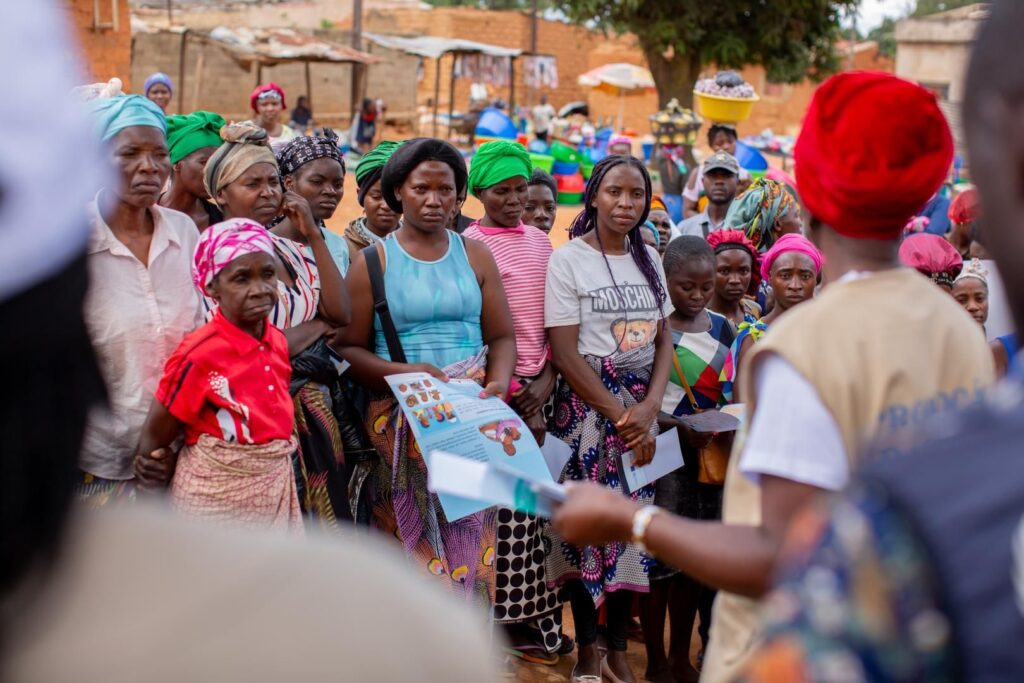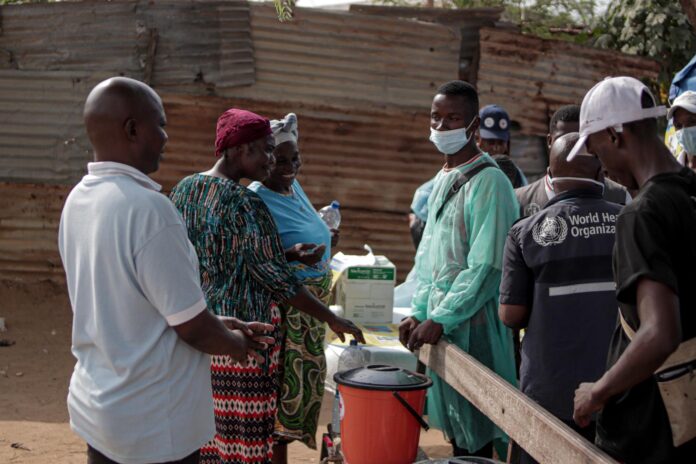Angola is facing its worst cholera outbreak in nearly 20 years, with almost 600 people reported dead and over 18,000 cases recorded as of early May 2025. This public health crisis has spread to 17 of the country’s 21 provinces since January, hitting children and young people under the age of 20 the hardest.
The outbreak’s case fatality rate stands at 3.2%, more than triple the World Health Organization’s emergency threshold of 1%. This alarming figure highlights deep-rooted issues like late detection of cases, poor access to healthcare, and ongoing sanitation and clean water challenges in many parts of the country.
What’s Being Done to Save Lives?
Angola’s Ministry of Health, in collaboration with the World Health Organization (WHO), UNICEF, and other partners, is taking critical steps to contain the outbreak:
- Mass Vaccination Campaigns: Over 900,000 people have already been vaccinated since January. An additional 700,000 doses have just arrived for a second wave of immunizations.
- Rapid Response Teams: Medical teams have been deployed across affected regions to diagnose and treat cases, as well as raise awareness about symptoms and prevention.
- Clean Water and Hygiene Support: New water tanks are being set up, especially in schools, and hygiene kits are being distributed to help reduce the spread of the bacteria in high-risk areas.
Why Is the Outbreak Spreading So Fast?
Experts say the ongoing rainy season is worsening the crisis. Flooded areas often result in contaminated water sources—ideal conditions for cholera bacteria to thrive. Additionally, Angola shares borders with countries like the Democratic Republic of the Congo and Zambia, which are also battling cholera outbreaks, making cross-border transmission a real threat.
Long-Term Solutions Needed

While emergency actions are saving lives, health officials are calling for long-term investments in clean water infrastructure, public health education, and disease surveillance. These steps are crucial to preventing future outbreaks and protecting the country’s most vulnerable populations.
Final Thoughts
Angola’s cholera crisis is a stark reminder of how quickly health systems can be overwhelmed in the absence of strong infrastructure. The global health community’s support is vital—but sustainable, homegrown solutions are what will ultimately bring this outbreak under control.
Also Read: Shocking Report: 85% of Female Infertility Cases in Sub-Saharan Africa Linked to Infections




